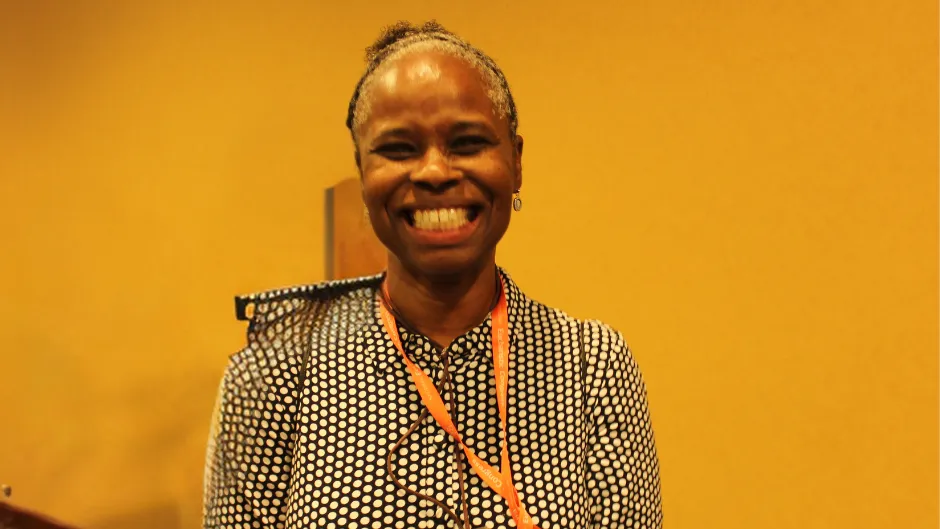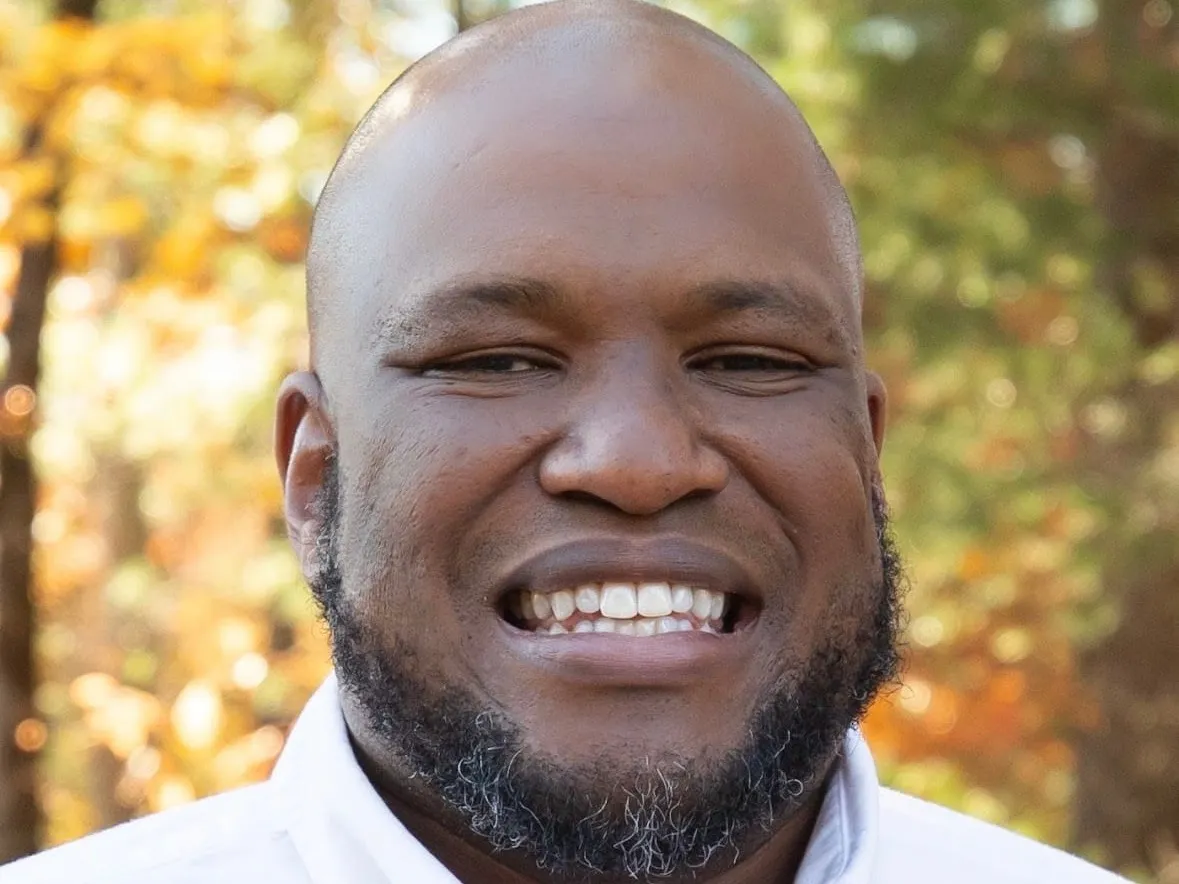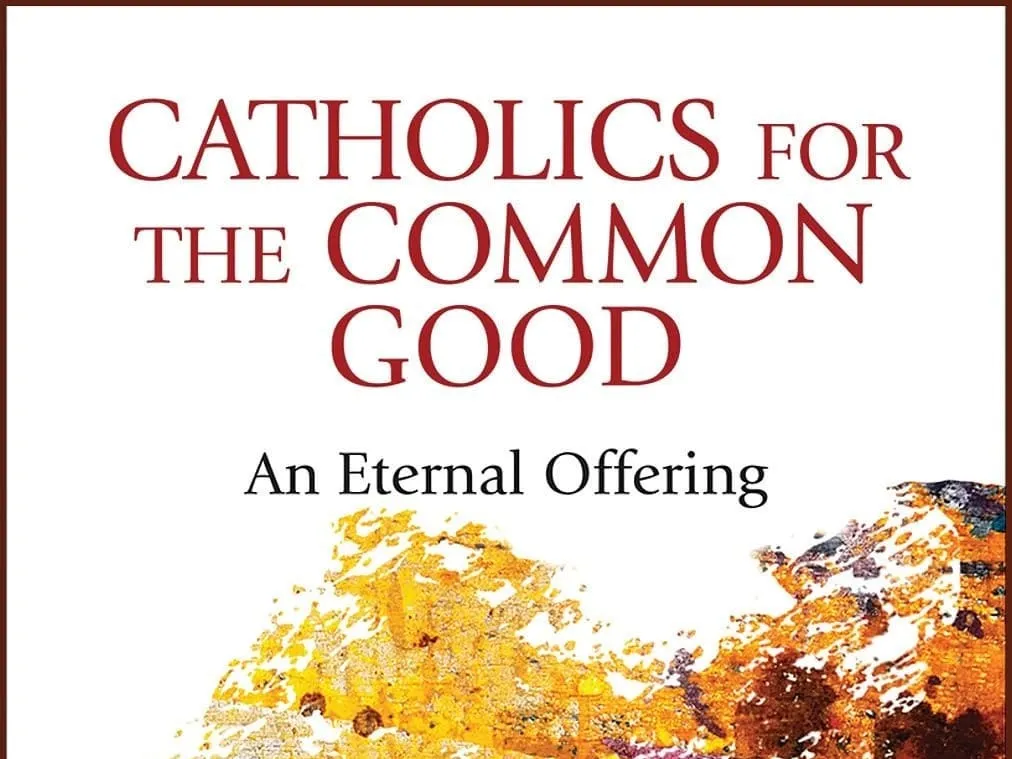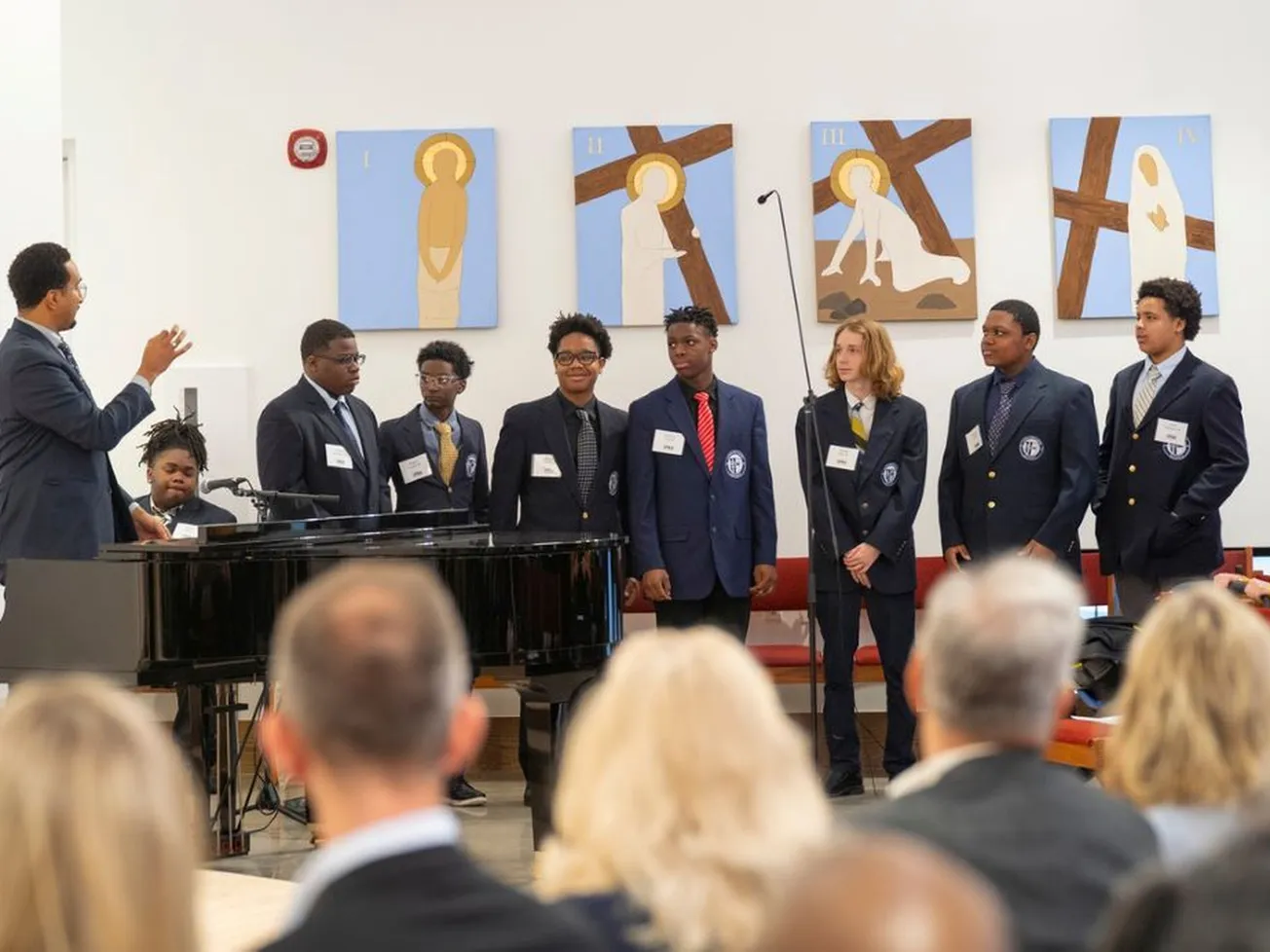Immediately after President Donald Trump took office in January, he signed a litany of executive orders that have sparked nationwide protests, especially due to their effect on immigration policy. The blitzkrieg of changes affects both migrants legally residing in the U.S. and those who have only started the process of obtaining rightful entry.
The orders have left major gaps in the latter’s process and have left many asylum seekers hovering in limbo with questions about what’s next.
One of the most directly affected communities is that of Haitian migrants, who have fled their home country due to political upheaval and worries about food insecurity, kidnapping, and gang violence. For those fleeing, the CBP One smartphone app was the only way to gain asylum.
Under the former system, migrants were assigned a meeting time at a specific point of entry after scheduling an appointment via the app. The mobile service was shut down immediately following Trump’s inauguration on Jan. 20.
“The CBP One app is the only way for those seeking refuge from persecution, war, domestic violence, and political unrest to help start the asylum process,” said Guerline Jozef, a Haitian Catholic who serves as executive director of Haitian Bridge Alliance (HBA).
“We have hundreds of people who have had their appointments rescinded or revoked who were already scheduled to start the process.”
In addition to the revocation of the scheduling service in CBP One, the relevant Trump order—entitled “Protecting the American People Against Invasion”—will limit humanitarian parole, Temporary Protected Status (TPS), and employment authorizations.
TPS allows immigrants to temporarily live and work in another country when conditions in their home country are too unsafe to return. Over 200,000 migrants from Haiti are currently in the U.S. under TPS, a status formerly expected to be valid until Feb. 3, 2026. Under the new administration, any migrants under TPS who are stopped by law enforcement without their documents are at risk of being arrested.
“This affects Haitians who have been here for years. These are teachers and taxi drivers. They own homes and are in essential job roles that serve as the backbone of our society,” said Jozef.
“Yet, their lives are treated as temporary and the government hasn’t worked towards any long-term solutions that would help these people get the long-term status they deserve. Their lives and wellbeing are being rendered as temporary.”

Some of the policies reversed by Trump’s executive orders are even more longstanding than TPS, established in 1990. Among them are reunification programs, which date back to 1965, and birthright citizenship—affirmed in the late 19th century.
In addition, Trump’s call for the end of humanitarian parole disproportionately affects more than half a million Black and brown migrants. Many Haitians have used these programs since the devastating 2010 earthquake in Port-au-Prince.
“This is attacking and revoking legal pathways that are already in place,” said Jozef. “Many Haitians are being left vulnerable and at risk of having their lives turned completely upside down.”
As seen in comments from White House officials, Vice President JD Vance, and Trump himself, there also remains a real threat of federal funding shutoff to nongovernmental organizations like Catholic Charities, which assist migrants around the country. In recent weeks, they have faced unfounded charges of harboring criminals and even engaging in human trafficking.
Many of these organizations provide humanitarian aid at the border, including HBA. The organization relies heavily on donations, and a loss of government funding would greatly reduce what they are able to offer people in crisis.
“We provide necessities like food, diapers, and medical supplies for pregnant women who do not have access to healthcare. We also provide tents,” Jozef said.
On Friday, U.S. officials scrambled to prepare holding facilities with sufficient tents for the expected influx of migrants facing deportation. Strong winds and inclement winter weather soon damaged the makeshift infrastructure.
Legal aid groups have begun to file challenges in court to the funding cuts proposed and enacted by the Trump administration, but it remains unclear how NGOs—and migrants— will be affected in the meantime.
“This is a human rights issue—a social justice and racial justice issue,” said Jozef.
“It is imperative that we step up to the plate to support our Black and brown brothers and sisters.”
Briana Jansky is a freelance writer, author, blogger, and host of the Geeks For Jesus podcast.










